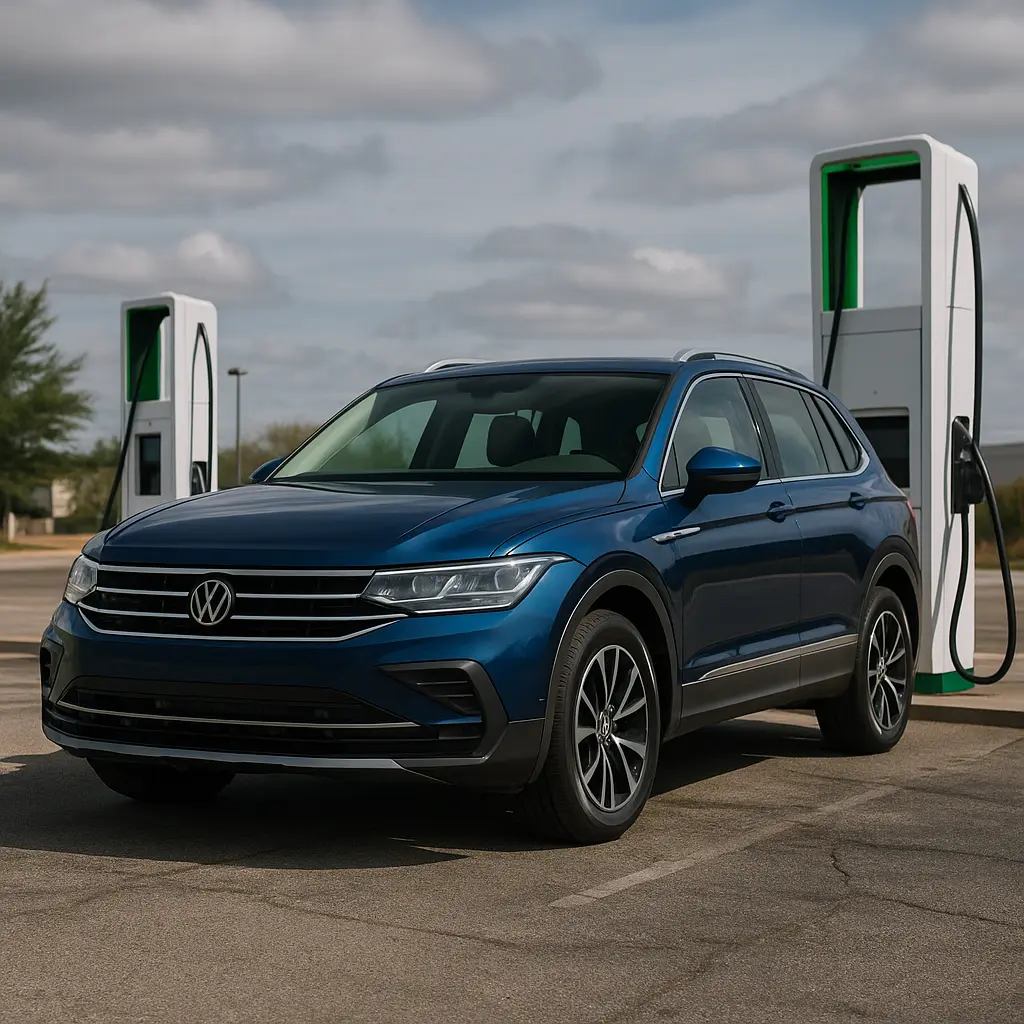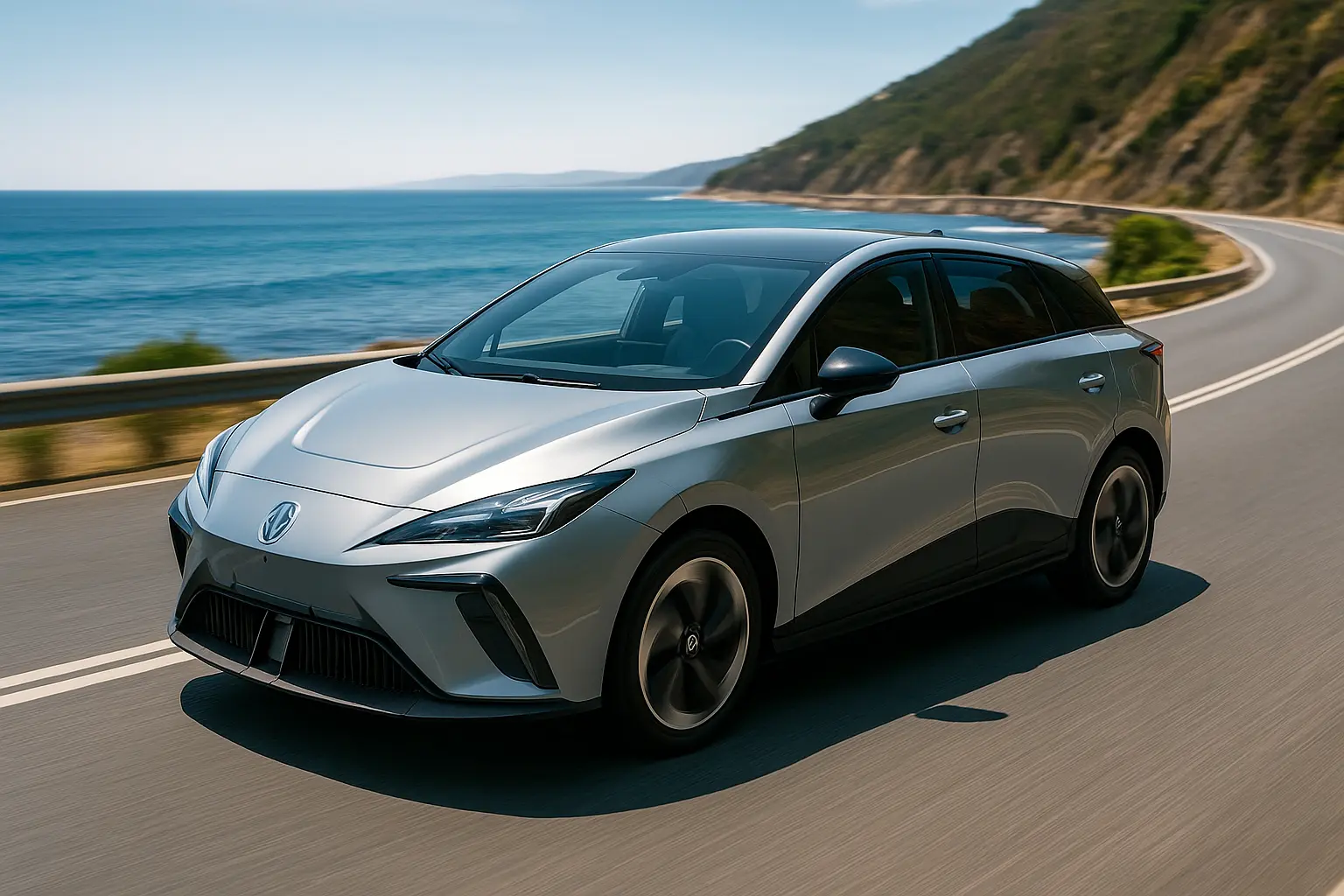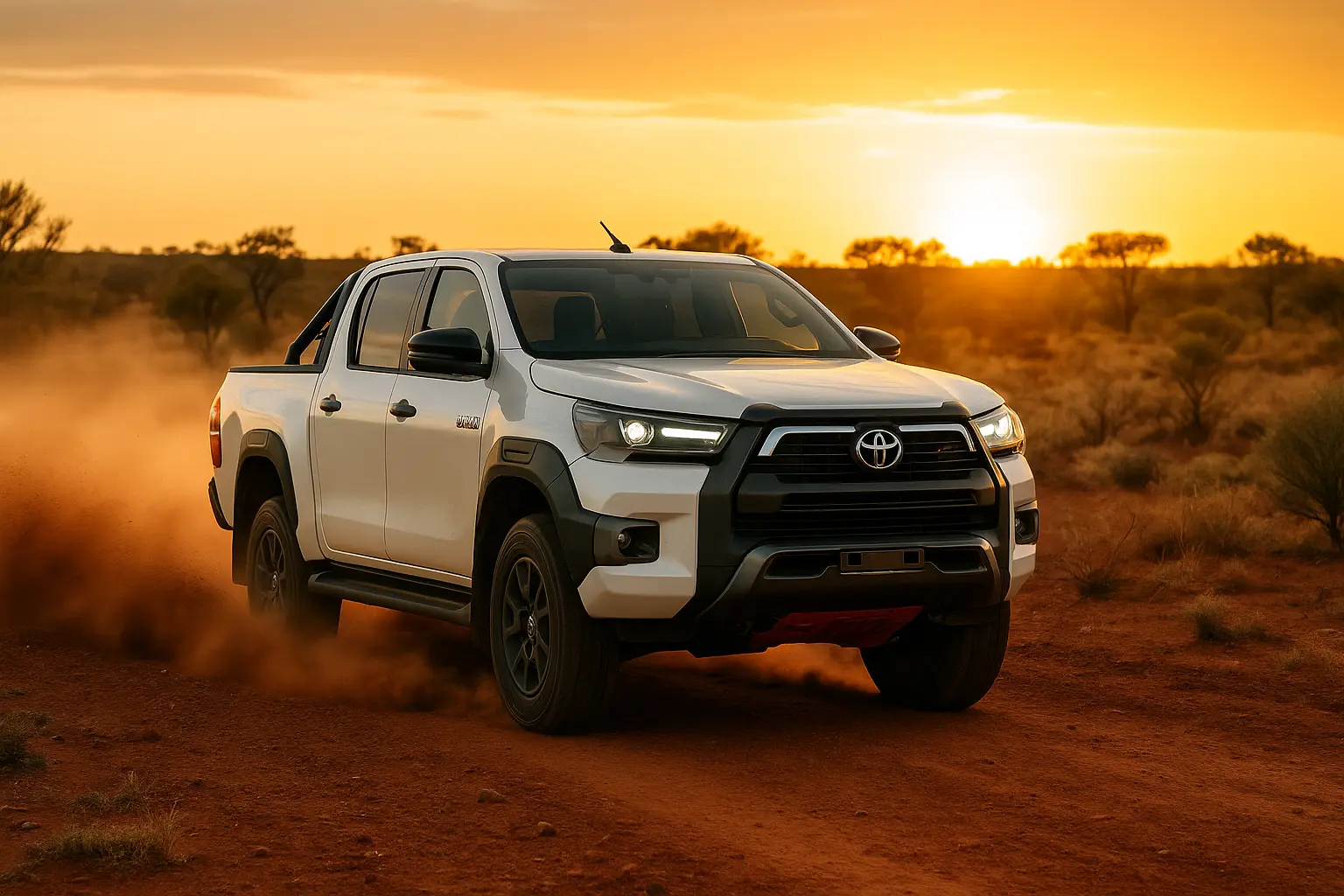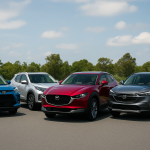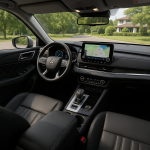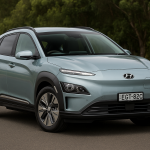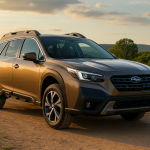Why Some Car Brands Are Ditching Diesel in Australia
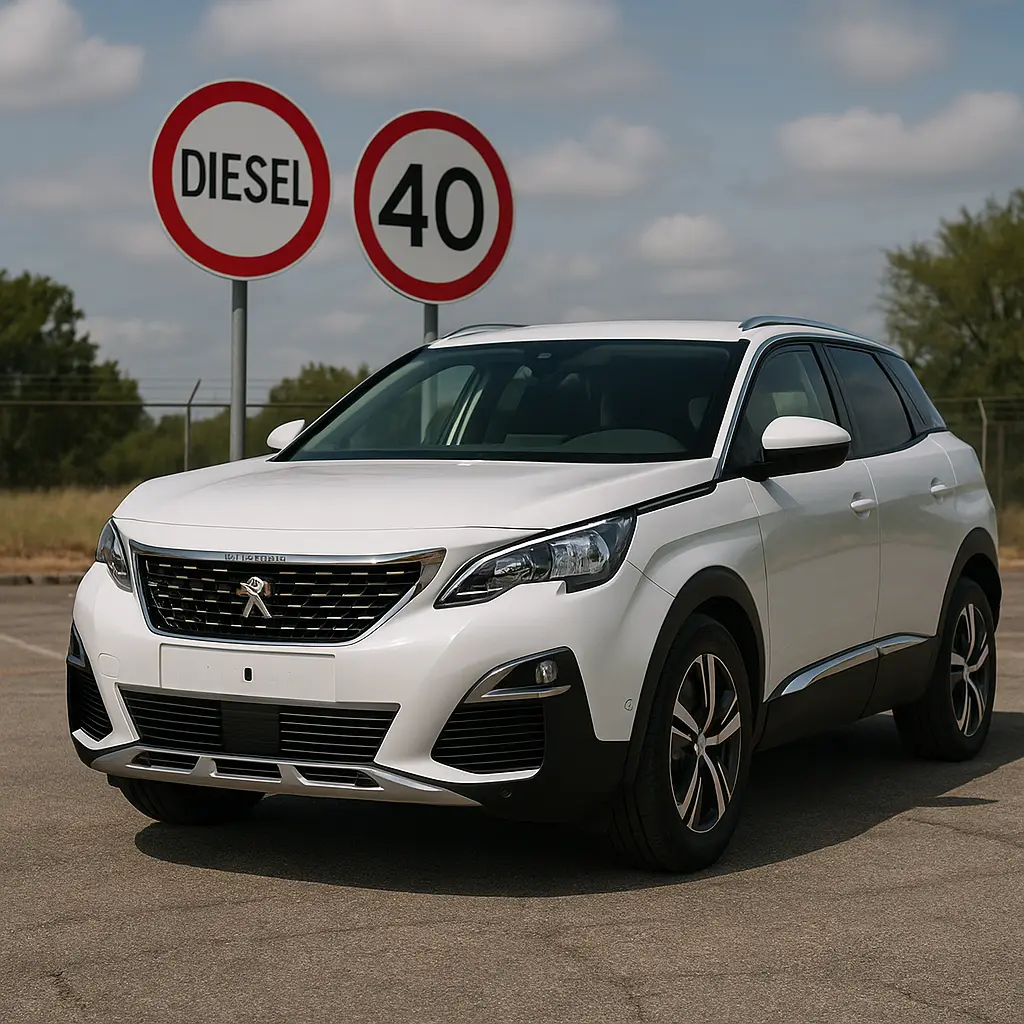
Introduction – The End of Diesel’s Dominance?
Diesel engines were once the go-to for Australians looking for durability, fuel efficiency, and towing power, especially for utes, 4x4s, and large SUVs. But as of 2025, the diesel tide is turning. More car brands are exiting the diesel game in Australia, phasing out models or entire lineups.
What’s driving this change? It's not just government regulation—it’s a combination of market dynamics, environmental awareness, global emissions standards, and the rapid rise of electric and hybrid alternatives.
Let’s dive deep into why some of the biggest names in the automotive industry are turning their backs on diesel in Australia.
1. The Regulatory Squeeze on Diesel
Stricter Emissions Standards
Australia, while traditionally slower than Europe in tightening emissions rules, is now playing catch-up. With the introduction of Euro 6d standards and proposed local emissions caps, carmakers face increasing compliance costs for diesel models.
Particulate filters, NOx traps, and AdBlue systems are costly to implement and maintain.
New regulations are expected to penalise high-emission vehicles, making diesel less economically attractive for manufacturers and consumers alike.
State-Level Bans and Levies
States like Victoria and New South Wales are discussing future limitations on internal combustion engines, especially in urban zones. This discourages brands from continuing diesel investment in models destined to be restricted within 5–10 years.
2. Global Market Trends Influencing Australia
European Phase-Out Timelines
Many global carmakers are pivoting away from diesel as Europe—where most Australian diesel models originate—announces firm ICE ban deadlines, typically between 2030 and 2035.
Volvo, for instance, stopped diesel development altogether and announced a fully electric future by 2030.
Renault and Peugeot are focusing their R&D budgets on EV platforms instead of upgrading aging diesel tech.
These global shifts trickle down to Australia, making diesel models less available and less relevant.
OEM Platform Sharing Strategies
Today’s car development is global. OEMs (Original Equipment Manufacturers) streamline costs by developing one platform for multiple markets. If Europe or Asia isn't accepting diesel anymore, Australia often loses access too.
This affects brands like Volkswagen, Mazda, and Hyundai, who may not bring diesel versions to Australia simply because they aren’t available globally anymore.
3. Consumer Shift: Aussies Re-Thinking Diesel
Declining Diesel Sales in Passenger Cars
Diesel once accounted for a significant portion of SUV and sedan sales. However, consumer perception has shifted:
Rising awareness of particulate pollution
Reports of DPF clogging in urban environments
Fuel price volatility and fears about diesel’s longevity
According to FCAI data, diesel passenger car sales in 2024 dropped by nearly 25% year-over-year. Petrol, hybrid, and BEVs (battery electric vehicles) are taking the lead.
Urban vs Regional Divide
Diesel is still holding strong in rural and regional areas, especially for heavy-duty towing and commercial applications. But in metro areas like Sydney, Melbourne, and Brisbane, diesel's market share is quickly eroding in favour of low-emission and low-maintenance alternatives.
4. Electric and Hybrid Boom Cannibalising Diesel Sales
Electric Vehicles Going Mainstream
2025 is shaping up to be the tipping point for EVs in Australia. With Tesla, BYD, Hyundai, Kia, and Polestar expanding their EV offerings, more consumers are skipping over diesel entirely.
Lower running costs
Government rebates and incentives
No DPF, EGR, or AdBlue systems to worry about
For many Aussies, the EV argument is becoming too strong to ignore.
Hybrids: A Quiet Diesel Killer
Hybrids—especially from Toyota—are killing diesel softly. The RAV4 Hybrid and Kluger Hybrid are extremely popular, offering comparable fuel economy to diesel with less noise, lower emissions, and fewer long-term costs.
Even brands like Subaru (with the Forester Hybrid and Crosstrek Hybrid) and Nissan (with the e-Power system) are targeting former diesel buyers.
5. Which Car Brands Are Dropping Diesel in 2025?
1. Toyota
Phasing out diesel for passenger vehicles (e.g., no more diesel Prado by late 2025).
Focusing on hybrids and upcoming EVs like the bZ4X.
HiLux and LandCruiser may retain diesel temporarily for commercial relevance.
2. Mazda
Removed diesel variants from the Mazda3, CX-30, and Mazda6.
CX-60 PHEV and petrol models are now their flagship offerings.
Diesel is only available on larger SUVs temporarily, with phase-outs planned.
3. Hyundai & Kia
Dropping diesel from models like Tucson, Sportage, and Santa Fe in favour of hybrids and EVs.
Focus on the IONIQ range and EV6.
4. Volkswagen
Diesel being wound down across the Tiguan, Passat, and Touareg lineups.
Significant investment in MEB EV platform for models like ID.4 and ID.Buzz.
5. Volvo
Completely stopped offering diesel in Australia since 2024.
Committed to a full EV lineup by 2030.
6. Diesel Still Has Its Place – But for How Long?
Tradie Utes and Towing Machines
Diesel remains a staple for:
Dual-cab utes (Toyota HiLux, Ford Ranger, Isuzu D-MAX)
Heavy-duty SUVs (LandCruiser 300, Everest, Patrol)
Commercial vehicles (HiAce, Transit, LDV Deliver 9)
But even here, manufacturers are preparing for alternatives:
Ford Ranger Plug-in Hybrid launching soon
GWM Cannon EV Ute on the horizon
Toyota LandCruiser Hydrogen prototype in testing
Fleet and Mining Industry
Diesel’s longevity in mining, agriculture, and commercial fleets is secure—for now. But pressure is mounting for even these sectors to adopt hydrogen or battery solutions.
7. The Environmental and Financial Case Against Diesel
Environmental Drawbacks
Emits higher levels of NOx and particulates than petrol and EVs.
Urban DPF clogging is a persistent issue.
Diesel spill pollution in waterways and stormwater drains is an increasing concern.
Rising Maintenance Costs
DPF cleaning/replacement
AdBlue refills
Turbocharger repairs
Long-term maintenance for diesel can now outweigh its initial fuel-saving benefits.
Fuel Price Instability
Diesel prices are increasingly volatile, affected by global supply issues and environmental levies. In many metro regions, diesel is now more expensive than petrol, and far higher than EV charging costs.
8. What This Means for Aussie Car Buyers in 2025
Should You Still Buy a Diesel?
Yes, if:
You regularly tow heavy loads or trailers
You drive long highway distances (regional/rural)
You need a work ute or off-road 4x4 with torque
No, if:
You live in urban areas with frequent short trips
You value low maintenance and emissions
You’re planning to own your car long-term beyond 2030
Resale and Future-Proofing
Used diesel cars may start losing value faster, especially in cities where their use might be restricted in future low-emission zones.
EVs, hybrids, and fuel-efficient petrol models may offer better long-term resale and lower ownership costs.
9. What's Next: Hydrogen and e-Fuels?
Brands like Toyota, Hyundai, and BMW are exploring hydrogen fuel cell and synthetic e-fuel options. However, these technologies are still in their infancy in Australia, with limited infrastructure and high costs.
EVs and hybrids remain the more immediate diesel alternatives for 2025.
Conclusion – A Diesel Farewell, But Not a Total Goodbye
Diesel engines helped shape Australia’s automotive history—from outback haulers to inner-city SUVs. But in 2025, the writing is on the wall. Cleaner, more efficient technologies are taking over, pushed by regulation, innovation, and consumer choice.
For Aussie drivers, the key is staying informed. Diesel still has its place—but it's a shrinking one. Whether you’re looking at your next family SUV or tradie ute, it’s time to think carefully about what powers your next car.
If you're considering buying a car in 2025, weigh up all your options. Explore EVs, hybrids, or high-efficiency petrol cars. Diesel isn’t dead—but it’s definitely on notice.
Leave a comment
Your email address will not be published. Required fields are marked *


